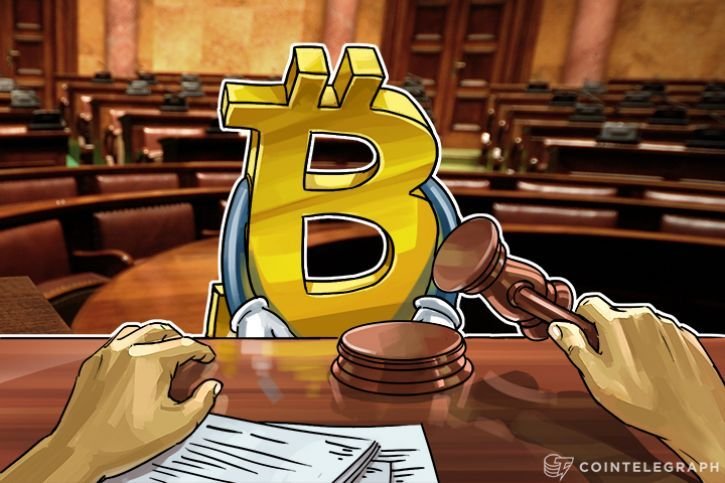2 HOURS AGO
By Guest Author
SEC’s Verdict On the DAO: What It Means for Token Sales
3199 Total views 103 Total shares
The SEC published a report into its analysis of the ICO The DAO and whether it contravened US securities law.
The DAO was a virtual organization functioning like an investment fund, built on the Ethereum Blockchain. The DAO ICO was one of the first and largest in the industry and received widespread criticism. To compound, or perhaps to simplify, matters, before it was able to fund any projects a major hack on the DAO occurred with many millions of dollars worth of digital currency stolen.
The SEC’s report provides important guidance for anyone involved in, or considering, a token sale as a funding mechanism. Perhaps the most important sentence in the document reads:
“Based on the investigation, and under the facts presented, the Commission has determined that DAO Tokens are securities under the Securities Act of 1933 (“Securities Act”) and the Securities Exchange Act of 1934 (“Exchange Act”).”
At issue here is whether the DAO tokens meet the requirements of the Howey test as a formal security, and in this case yes the SEC deemed they did. This is likely due to the nature of the DAO, which was always intended to be a profit generating entity that rewarded token holders with a share of profits generated from the projects in which it would invest. The DAO was also promoted as a for profit entity.
As Section 2(a)(1) of the Securities Act and Section 3(a)(10) of the Exchange Act, makes clear - a security includes “an investment contract.” An investment contract is an investment of money in a common enterprise with a reasonable expectation of profits to be derived from the entrepreneurial or managerial efforts of others. And this is where the DAO ICO appears to have fallen foul of securities law.
Key learnings for all those involved in or considering ICOs:
The SEC has made clear that the mechanism and technology used doesn’t impact its view of what is, and is not, deemed a security:
“The federal securities laws apply to those who offer and sell securities in the United States, regardless whether the issuing entity is a traditional company or a decentralized autonomous organization, regardless whether those securities are purchased using US dollars or virtual currencies, and regardless whether they are distributed in certificated form or through distributed ledger technology.”
Designing and executing any token offering in a manner that doesn’t contravene securities law is critical. While the SEC judged the DAO token to be a security, it seems to have been the ownership and profit sharing features of the DAO in particular that supported the SEC’s finding.
It does not appear that the SEC is saying that every token is a security - DAO-like tokens are. It is saying that tokens offered into the US must be compliant in their offering.
By stating that determinations on other tokens will depend on the facts and circumstances, including economic realities of the transaction, indicates that well-structured business models should still pass muster and not require SEC registration.
Regardless, it is clear that sales into the US must be conducted pursuant to US securities laws. The way many token sales are handled today is poor and counterproductive. Thus, we should welcome the SEC’s report and findings and view them as positive for the development of best practice standards.
By Greg Murphy
Greg Murphy is Compliance Expert at Outlier Ventures. He is a results-oriented financial industry executive leveraging international experience with over 33 years of capital markets experience in derivatives, structured products and corporate finance. Greg is an active board member of several public and private companies.
Super post